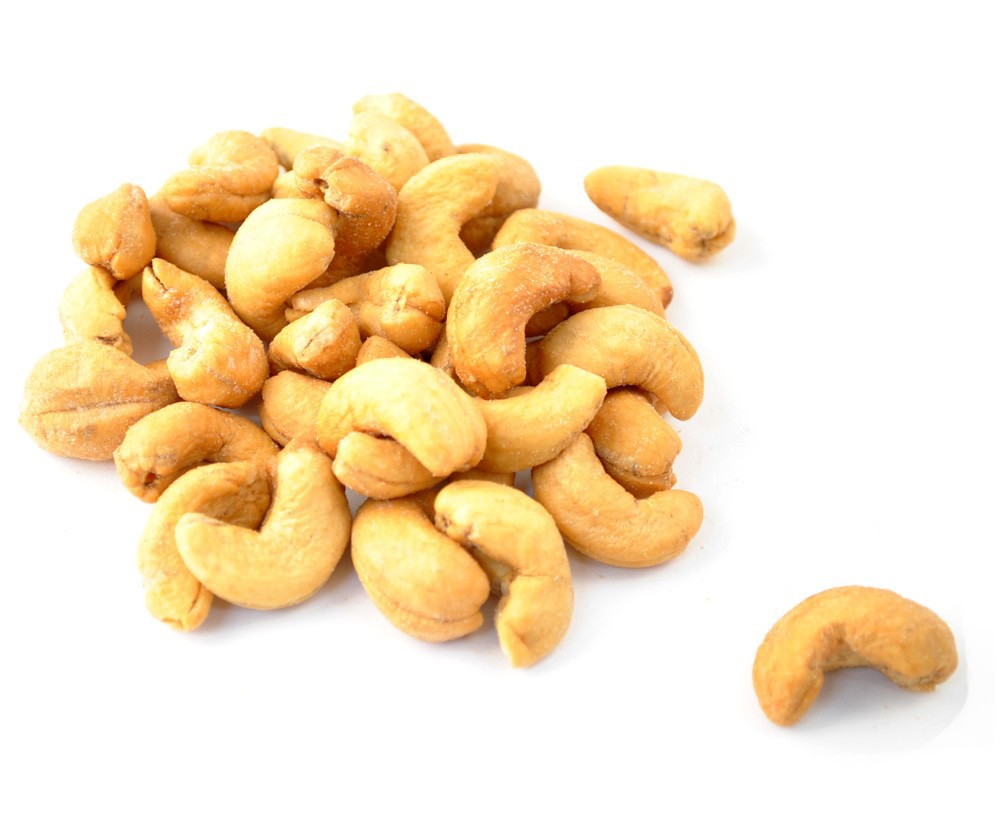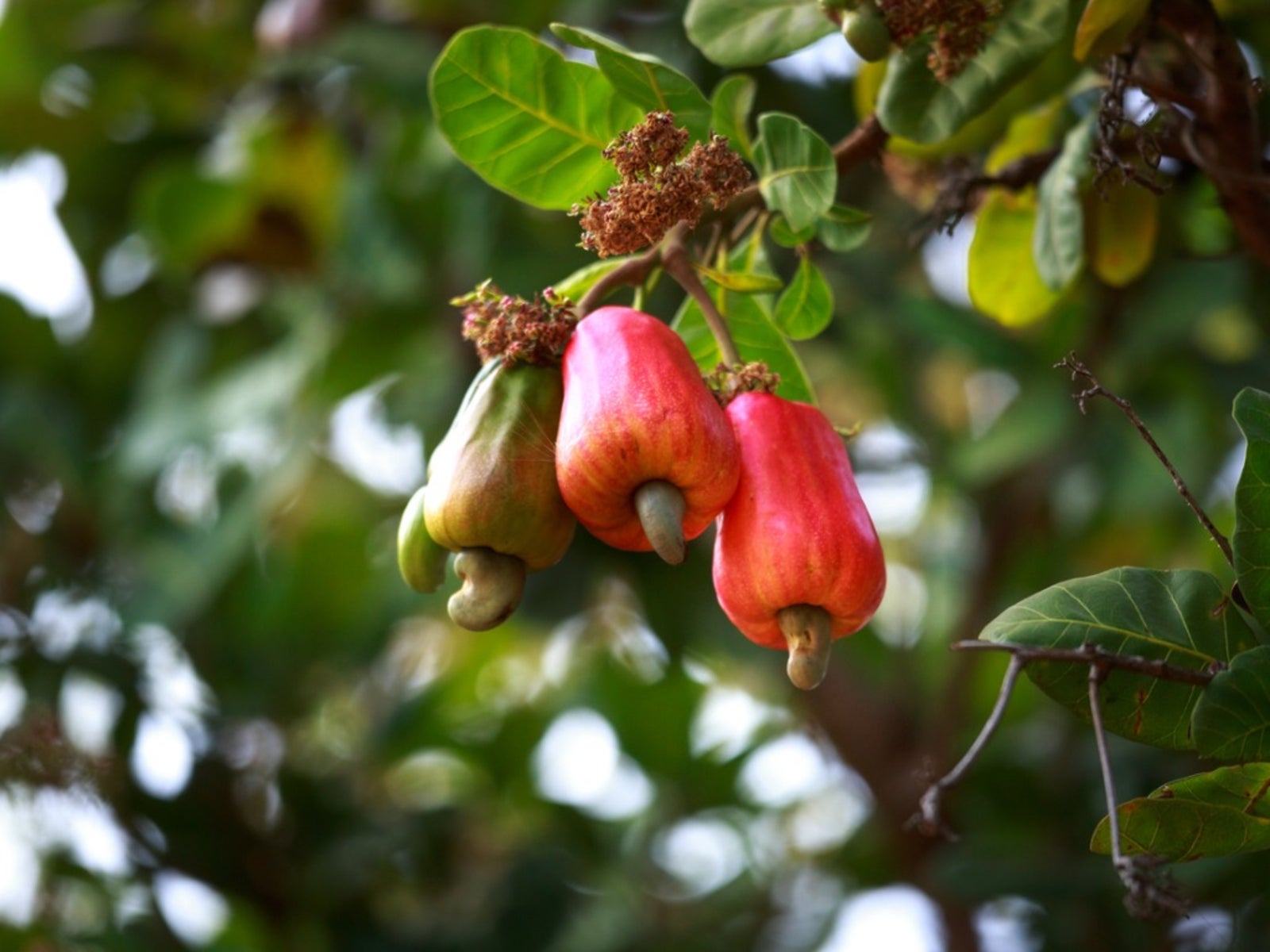

The jam sells very well – people like spreading it on bread.” If there’s any flavour you like, you can add it to the jam. You have to add some cups of sugar to it before boiling. If you have a sweet tooth, you can actually make jam from the juice. You can spread the cashew butter in bread, it’s very delicious. I sometimes make soup from the nuts - it looks and tastes a lot like groundnut (peanut butter) soup.
#Cashew trees ghana how to#
“Now, I know how to properly prepare and roast the nuts, and I also sell the juice. As well as using the fallen leaves for compost, Ayishetu is now harvesting the ‘cashew apple’ – which had previously just been used as livestock feed, to make more delicious products to sell at market. We’ve been brainstorming with communities, to develop products from every part of the cashew tree – not just the nuts. “You can imagine how much more comes in when you add all the other products I can now make from cashew – now we know every part of the is useful.” For Ayishetu, it’s the diverse uses of the cashew which make this tree so appealing. ”Īs a high-value crop, cashews offer a solution to many of the economic hardships that Ayishetu is facing – but is there a way for them to thrive again in the face of the worsening climate crisis. We see the cashew trees starting with a lot of flowers but the sun scorches some to death so we only get a few fruits. The moment the trees start flowering, the hot sun kills most of the flowers, and we end up with fewer fruits. Due to our weather the cashew fruits don’t get as big as they get in the south. “In these parts of Ghana, the impact of climate change is something we deal with everyday. 35% of the land is now under threat of desertification. The land is severely degraded, and between 19, Ghana lost nearly 2million ha of forest. West Gonja is an area well-known for its cashew trees, referred to as the country’s ‘cashew belt’, yet the impacts of the climate crisis are making this crop harder to produce. Image: Ayishetu picking cashew fruits in her local cashew orchard Quality of life is poor and, as a result, they feel anxious and lonely, and are very dependent on their husbands. Life was really difficult then.”Īyishetu’s story of hardship is a familiar one – many of the women we work with in rural Ghana are struggling to earn an income to pay for food, medicine and schooling. I also used to pick firewood or work as a farmhand on other people’s farm. I used to pick shea nuts when they were in season, and I used to sell them.

“Before I got into cashew, I had no other job. We’ve been working with Ayishetu for a number of years, as part of our work growing cashew trees and restoring land in the country’s West Gonja region. PROMOTE gender equality in the cashew sector land and resource management by creating awareness and providing training on using formal, legal means to secure land and tree ownership.“Cashew has changed my life” a smiling Ayishetu tells us, on a filmmaking visit to Ghana in February 2022.INCREASE domestic processing by creating connections with local processing organizations.SECURE fair prices through training in areas such as cooperative management, financial literacy, and marketing to increase the strength and capacity of local farmers associations and cooperatives.Developing a local nursery to provide high-quality planting materials.Securing materials and facilities for proper storage, and.Providing access to fair financing and insurance options.Providing training on cashew best practices.IMPROVE the quality of cashew yield by:.


 0 kommentar(er)
0 kommentar(er)
